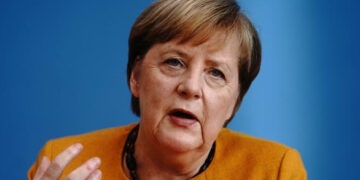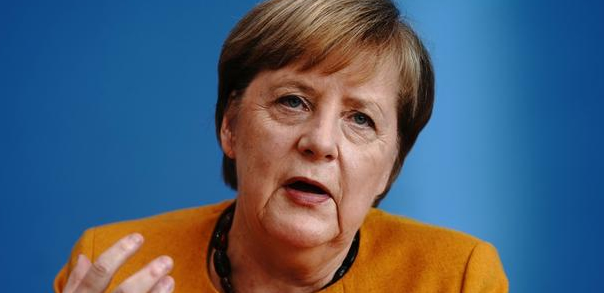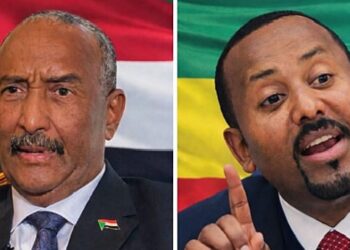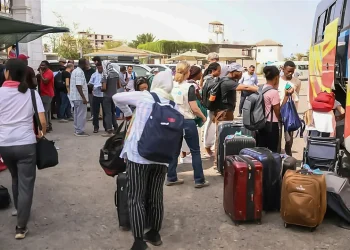By John Ikani
Former German chancellor Angela Merkel has been awarded the UN refugee body’s award for her efforts to welcome more than 1 million refugees — mostly from Syria — into Germany, despite some criticism both at home and abroad.
Matthew Saltmarsh, spokesman for the UN High Commissioner for Refugees, said Merkel had been selected as the latest recipient for the Nansen award, which is handed out annually by the Geneva-based UN agency.
Each year, the award – named after the Norwegian explorer, scientist, diplomat and humanitarian Fridtjof Nansen – is given to an individual, group or organization who has gone above and beyond the call of duty to protect refugees, internally displaced or stateless people.
Under then Federal Chancellor Merkel’s leadership, Germany welcomed more than 1.2 million refugees and asylum seekers in 2015 and 2016 – at the height of the conflict in Syria and amid deadly violence in other places.
At that time, the then Chancellor said: “It was a situation which put our European values to the test as seldom before. It was no more and no less than a humanitarian imperative.” She called on her fellow Germans to reject divisive nationalism and urged them instead to be “self-assured and free, compassionate and open-minded”.
Filippo Grandi, the UN High Commissioner for Refugees, praised former Federal Chancellor Merkel’s determination to protect asylum-seekers and to stand up for human rights, humanitarian principles and international law. “By helping more than a million refugees to survive and rebuild, Angela Merkel displayed great moral and political courage,” Grandi said.
“It was true leadership, appealing to our common humanity, standing firm against those who preached fear and discrimination. She showed what can be achieved when politicians take the right course of action and work to find solutions to the world’s challenges rather than simply shift responsibility to others.”
The selection committee highlighted that in addition to protecting people forced to flee war, Merkel was the driving force behind Germany’s collective efforts to receive them and help them integrate into society.
Merkel will receive her award and the $150,000 in prize money at a ceremony in Geneva on October 10, where four regional winners will also be honoured.




































